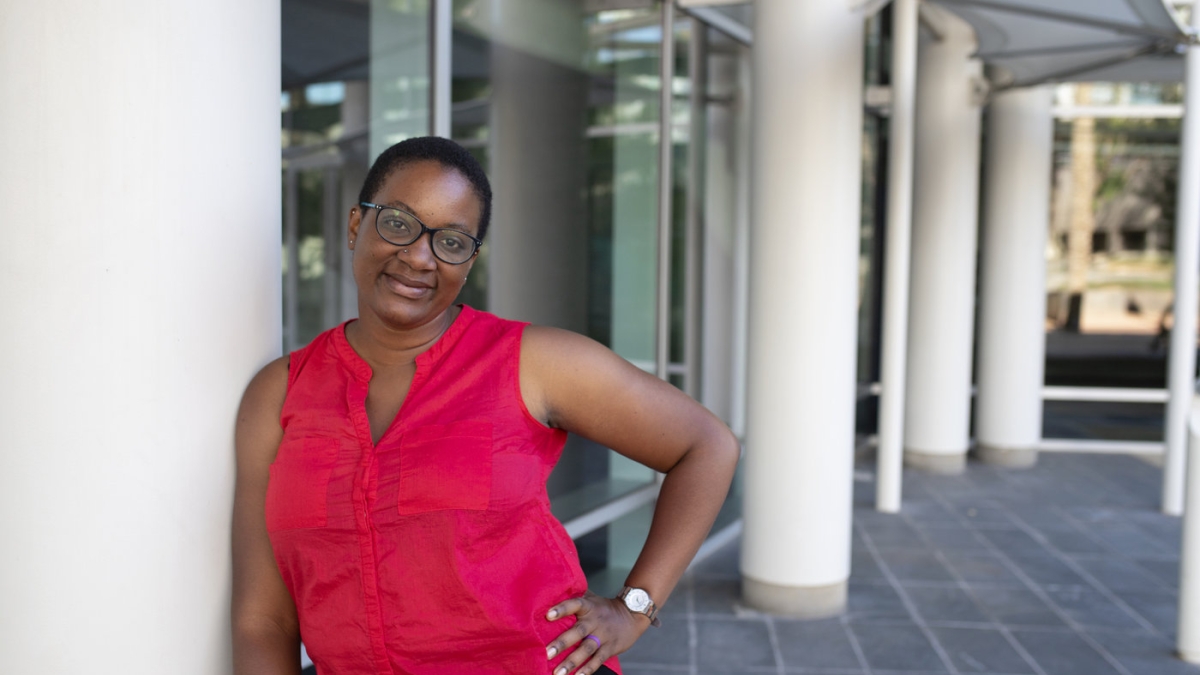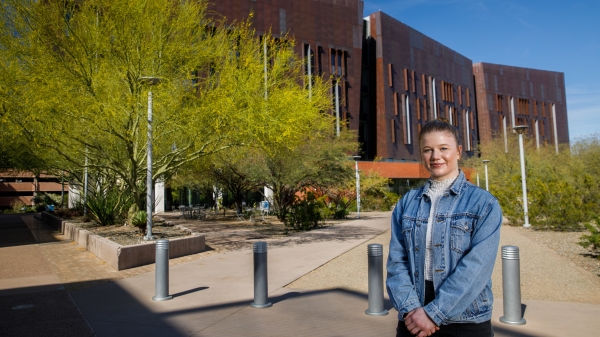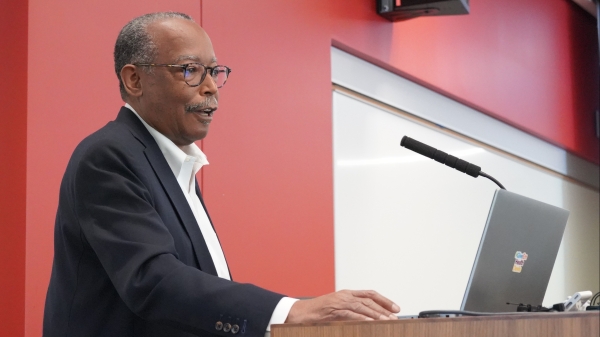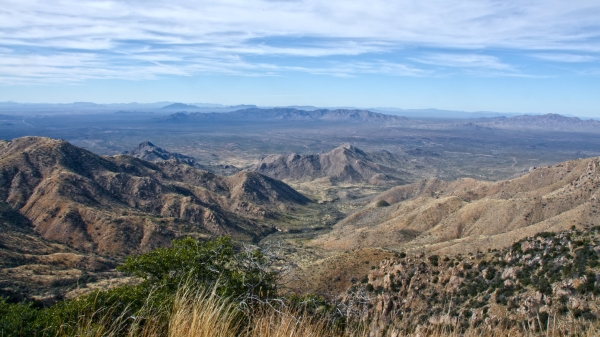Global health PhD graduate focuses her career on sexual, reproductive health

Photo courtesy Janet Nalubega Ross.
Editor's note: This story is part of a series of profiles of notable spring 2022 graduates.
Janet Nalubega Ross has spent her life drawn to health care and sexual health. She says the journey started for her growing up in post-war Uganda.
“On top of coming out of the civil war, we were hit by the AIDS epidemic, and HIV/AIDS started becoming a thing,” Ross said. “I grew up in this very interesting time where everyone was talking about this.”
Ross, who goes by her middle name Nalubega, came to the United States when she was 18 years old to attend college. Throughout her educational career, she obtained a BA in community health education and a master’s degree in bioinformatics.
“Bioinformatics is a statistics degree for people who really want to work with biological data,” Ross said. “So that’s when scientists do all of these experiments and produce a lot of data, or for people like me who want to analyze big health data sets.”
While obtaining her degrees, Ross volunteered at domestic violence shelters and rape recovery centers. She volunteered at Planned Parenthood, taught sex education to high school students and worked at a free clinic.
“I’ve always had a passion for anything sexual health and sexuality-related,” Ross said. “Even though I was interested in sex, I started to see how there were other things outside of sex that affected people’s health, particularly women’s health.”
After receiving her master’s degree, Ross taught for a while, but then took time off to spend time with her daughter and husband. It was at this point Ross wanted to focus back on her education and started looking for PhD programs. She was drawn to the global health program at ASU’s School of Human Evolution and Social Change.
“I was really attracted to the ASU program because it looked very holistic, it focused on not just the person, but the data and it was very interdisciplinary.”
Leading up to commencement, we asked Ross a few questions about her time at ASU and her advice for students.
Answers have been edited for length and clarity.
Question: What was your “aha” moment when you realized you wanted to study the field you majored in?
Answer: My aha moment was interesting. The advice I was given when I started my PhD in particular was that you read about your field and find the gap, and try and see if you can fill the gap. I’m in global health and I’ve read all these global health papers, and the biggest thing that was being talked about was there was a gap in the way we discuss adolescent mental health globally, so I thought that sounded interesting and wanted to do that.
I started reading up on it and it was very boring to me. And for me to do it correctly, I felt like I had to take a lot of classes I’ve never really taken, like psychology and childhood development. I felt like I had to take these classes to do it in a way that felt holistic and to honor the people I would be interviewing and working with.
I just came home one day and I turned to my husband and I said, “I can't do adolescent mental health.” And he said, “Well, what do you want to do?” "I want to talk to people about their sex lives, how they learned about sex and sexual health and reproductive health." So I met with my advisor asked her if I could change my focus to reproductive and sexual health, and she said yes.
This was during my second semester of PhD school, and it felt like a huge burden had been lifted off my shoulders. I was happy I could do the research I’ve been interested in my whole life, that I love and enjoy.
Q: Which professor taught you the most important lesson while at ASU?
A: I would say Professor Monica Gaughan because we work so closely together. Gaughan was my dissertation co-chair and I worked for her as a research assistant.
The biggest thing that she ever taught me is that you can have a life outside your research. She was the one who taught me to have a good work-life balance. And having a good work-life balance would still make you a successful researcher or student. This has really helped me put things into perspective, especially when doing research and trying to know what's important to me and what do I need to get done. I have a husband, a kid and multiple hobbies.
Q: What’s the best piece of advice you’d give to those still in school?
A: Take time off. If you look at all my education trajectories, I always took a year or two off, or three, before I got the next degree. Doing this gave me perspectives that really helped my education. It also allowed me to travel with my partner and my kid.
Taking time allowed me to build a community that supported me through my PhD who are not academics.
More Health and medicine

First exchange student for Biodesign Institute Europe bridges labs 5,000 miles apart
This spring semester, Grace Colley traveled to Arizona State University and became the first student to participate in the…

College of Health Solutions hosts visit from leading expert in genomic research
Some fortunate Arizona State University faculty, staff and students were able to gain valuable insights and perspective during a…

Indigenous ASU research team recommends assistance for tribal members still reeling from COVID-19’s effects
When Matt Ignacio’s tribe, the Tohono O’odham Nation, donated $1 million to Arizona State University to support COVID-19 research…